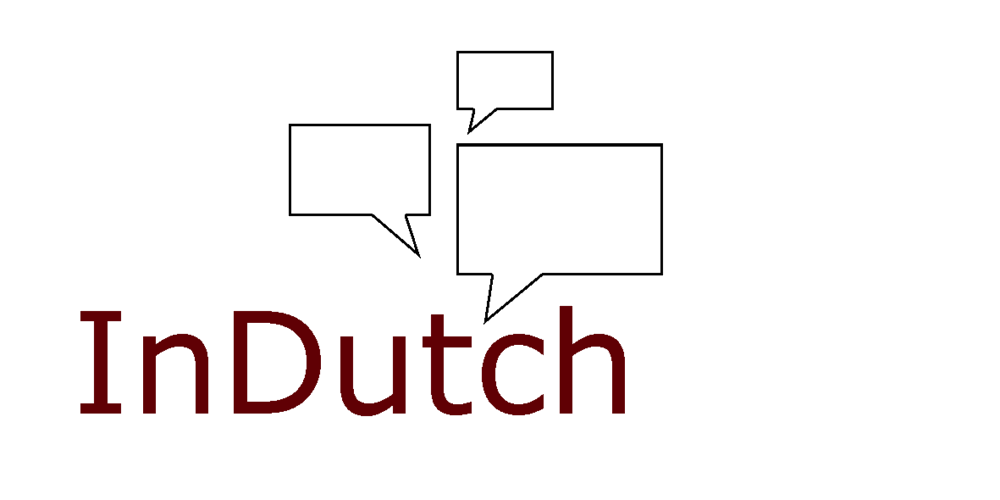The new Google Translate - a quick test case for the English - Dutch language pair
Great news : Google announced Google Translate is now applying its new machine learning algorithms to the English into Dutch language pair. Neural machine learning will improve the quality of Google translations. We all applaud such improvement of useful technology!
Does that mean Google Translate has evolved from a rudimentary tool that helps people understand the essence of the message in a language they do not master, and the infamous source of jokes like Google Translate fails and Google Translate sings, to a translation service that is useful in a professional environment? Can you finally use it to translate your product brochures or website text into new languages to reach new markets all over the world? Can you address potential business partners in their own language when you write them an email?
Let's do a quick check.
I tested ten Google Translate fails from the earlier version. I took ten short sentences that I found listed on the page Dat vertaal ik beter and checked what the new Google Translate made of them.
These are ten examples of sentences Google used to struggle with. They are all short, some are plain language, some are very common expressions. I did not filter these in any other way, they were simply the ten sentences that seemed the most "normal" to me. I skipped sentences that contained dialect words. I did not pick the ones I thought were going to fail. Neither are these conceived in such a way that we are trying to trick Google into producing a funny translation (like that infamous sentence that contains three animals: tits, cock and ass). Let's be nice to Google Translate, now.
The old Google Translate translated expressions literally, left negative words out and thus produced quite the opposite of what was meant, and translated the sentences very literal overall - often word per word. The old GT did not score high on grammar either.
Let's see what the new and improved version makes of them:
The conclusion? The new and improved version is definitely better with grammar and that seems a great step forward. The result is still poor, though. These ten old fails remain fails, although they are translated less literally. Google Translate is still struggling with expressions, no matter how common. And negative sentences are still being translated as positive ones, which is bad news for anyone who was hoping to use Google Translate to produce texts in a language they do not master themselves.
Google is promising improvement, though. The new Google Translate should be able to learn and get better over time. Shall we check again in a year or so?



